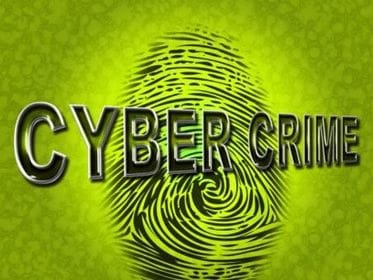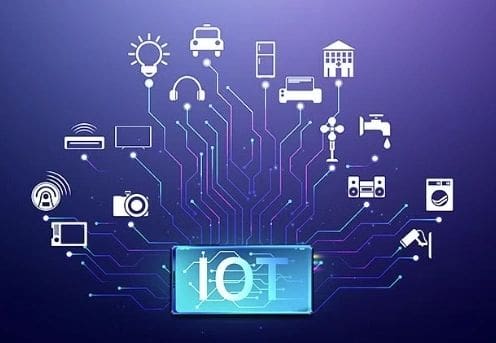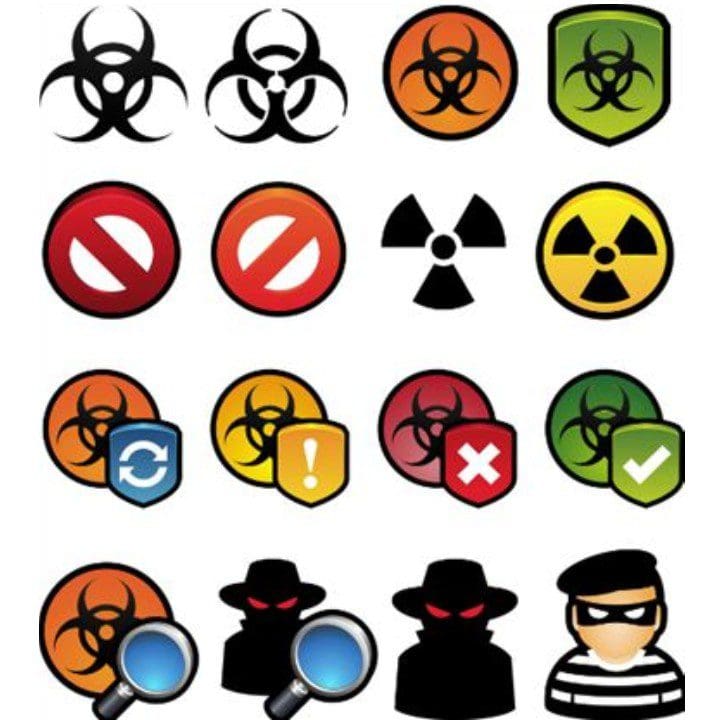CyberSecurity Terms
Here are some common terms used throughout the Cybersecurity field. Before we begin, these terms relate to cybersecurity.
Nevertheless, there's nothing worse than reading about protecting your Business and Business systems and not understanding what the terms mean.


The Cloud (Really formerly known as a Server Farm)
When you hear the word "the cloud," puffy white things in the sky may come to mind. In relation to cybersecurity, they are referring to a collection of their files (data) in a large, remote storage area location that they can open no matter what device they are on.
Storing files in the cloud like AWS, Google, or Oracle is a common, easy way to keep track of your business data files because if something were to happen to your on-site computer(s), your files would not be gone. They are stored off-site in "the Cloud". This does come at a subscription cost to your business, and possibly if the Cloud platform attacked, they have your data too.

On-Prem
On-Prem simply means to have your servers and system at your business location. This is a very reliable path and very common. There is a strong move to place everything in the iCloud. But each business Owner must understand the RISK of placing your proprietary data Online, whether using Infrastructure as a Service (IaaS), Platform as a Service (PaaS), or Software as a Service (SaaS). Just keep this in mind when deciding – do you trust that platform to keep your data secure? Did you sign a Memorandum of Understanding (MOU) with that note?
IoT
The Internet of Things (IoT). The Internet of Things (IoT) describes the network of physical objects—"things"—that are embedded with sensors, software, Firmware, and other technologies for the purpose of connecting and exchanging data with other devices and systems over the Internet. There are several top devices in the market. Smart Mobiles, smart refrigerators, smart ovens, smartwatches, smart fire alarms, smart door locks, smart bicycles, medical sensors, fitness trackers, smart security systems, etc., are a few examples of IoT products. This is good and bad at the same time. Ask yourself, do you want ease of use or security?
Virtual Private Network (VPN)
A VPN refers to a tool that allows the computer user to remain almost anonymous online by masking the location and encrypting traffic (if set up correctly). A secure VPN, while important, does NOT necessarily mean you are protected. It simply means you have tunneled as a Point-to-point secure connection between systems. Using VPN with added features like Data at Rest (DAR) and Data at Transmit (DAT) round off VPN connections.
Firewall
Simply put, a firewall is a defensive technology designed to keep the bad guys away. A firewall, which can be either hardware (HW) or software (SW) based, is a network security system that monitors and controls incoming and outgoing network traffic. Using terms like Allow All or Deny All with the exemption. Configuration of the FW is usually a tier II or III level administrator.

Malware
Malware (short for "malicious software") is an umbrella term that describes all sorts of destructive SW that can destroy a business system.
Common forms of malware include viruses, worms, ransomware, and Trojans.

Ransomware
Ransomware, on the other hand, is a type of malware that threatens to publish the victim's (business) data and or blocks access to it and demands a "ransom" in the form of cash drops or bitcoin and other financial methods in order to unlock your data. Ransomware is typically spread via spam emails, and your systems can be infected by visiting an infected website/URL. Most often, depending on the value of the data, the business Owner must determine if they will pay or not.
Either way, all businesses should report to the Cybersecurity & Infrastructure Security Agency (CISA) or FBI any ransomware.
CISA : https://www.cisa.gov/
FBI: https://www.ic3.gov/

Virus
A computer virus is a type of malware that can, when and if executed, replicates itself by modifying other system programs and inserting its own infected code into those programs. If this replication is successful, your business systems are now affected systems by this virus. This is a metaphor derived from the term biological viruses.
A type of malware that is designed to corrupt, erase, or modify information on a computer before replicating and affecting other computer systems. Viruses can be hard to remove, and they can destroy entire businesses. Depending on when and if caught, a good Data Recovery Plan (DRP) can aid and assist in the recovery of your business system.
